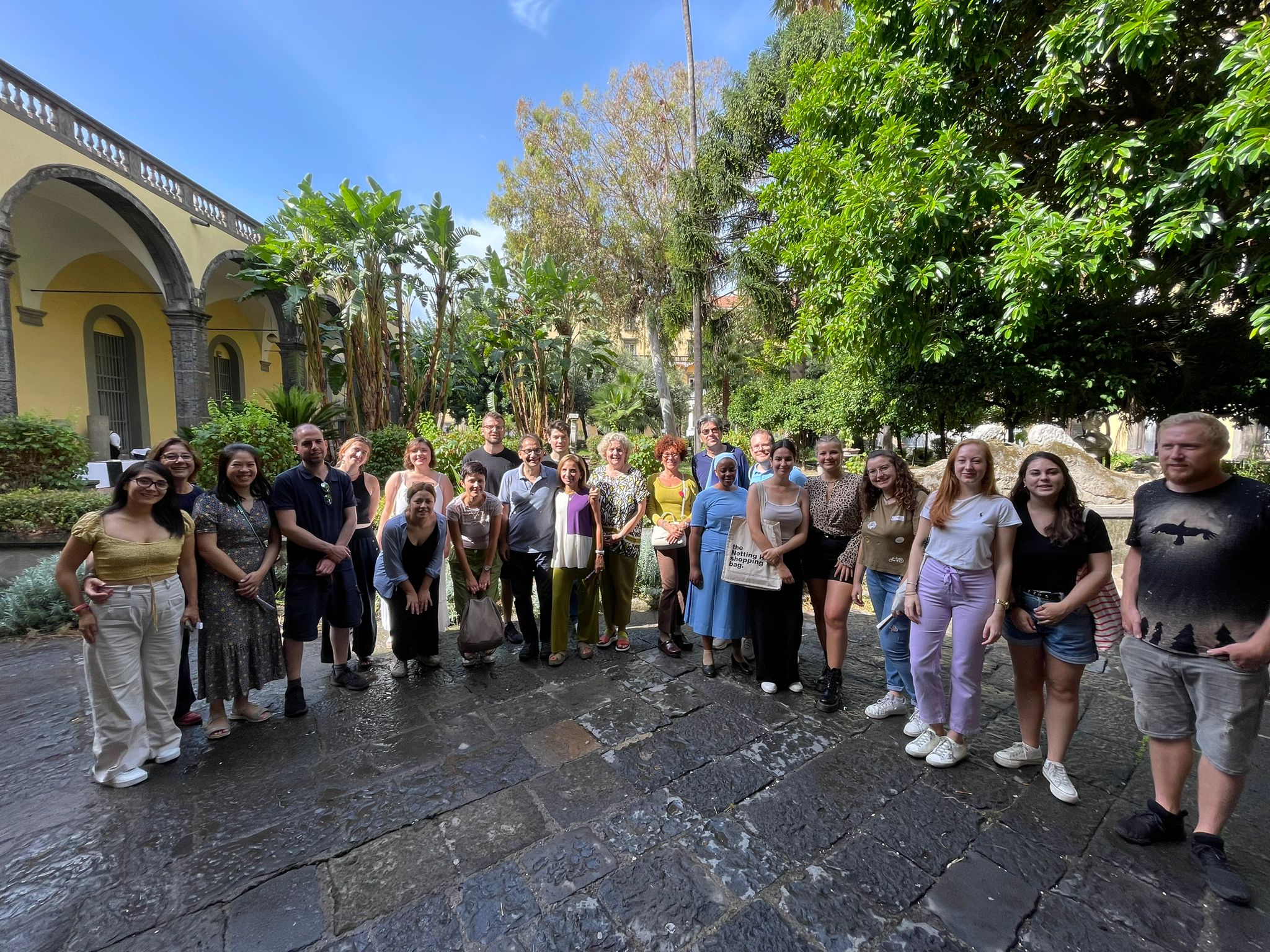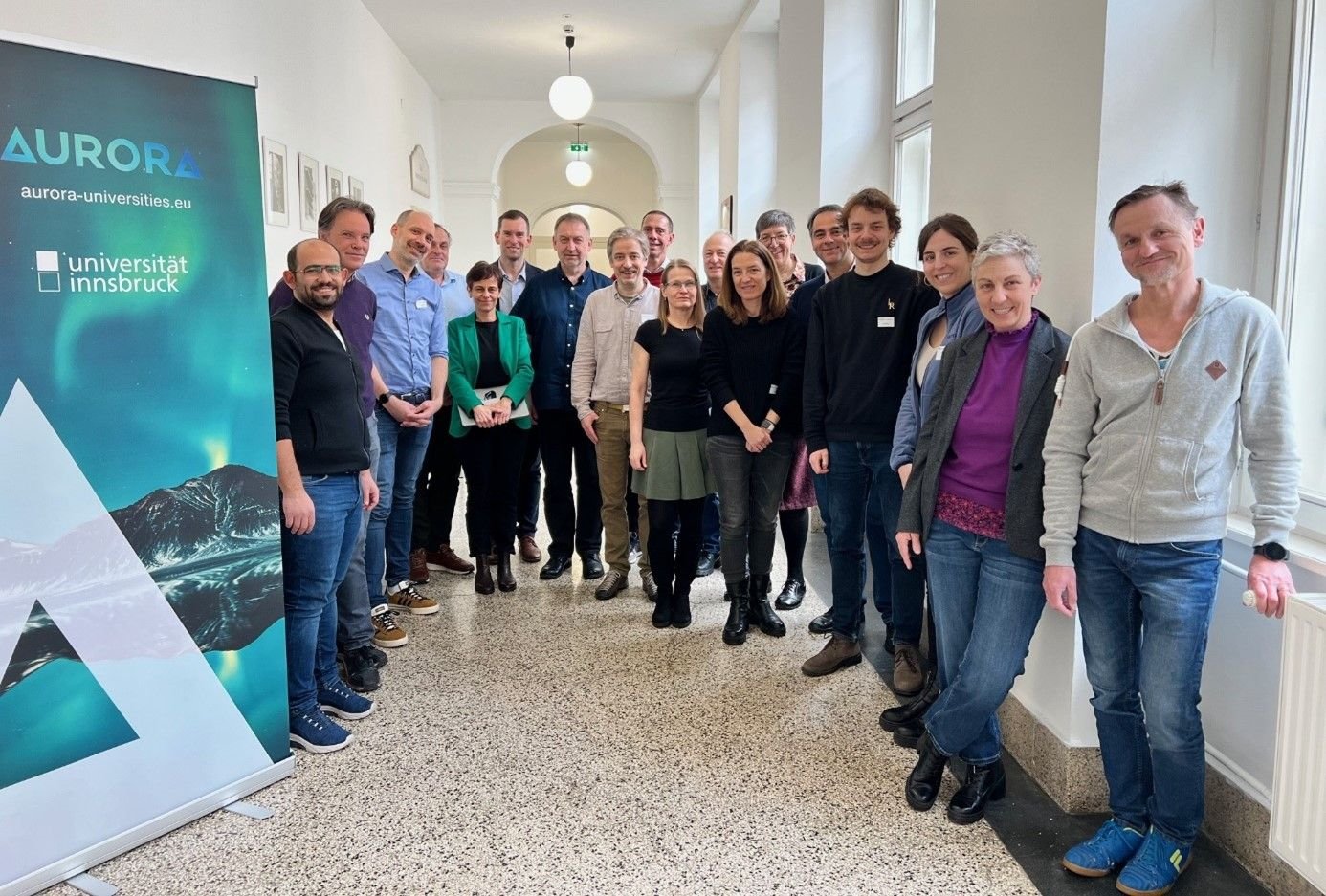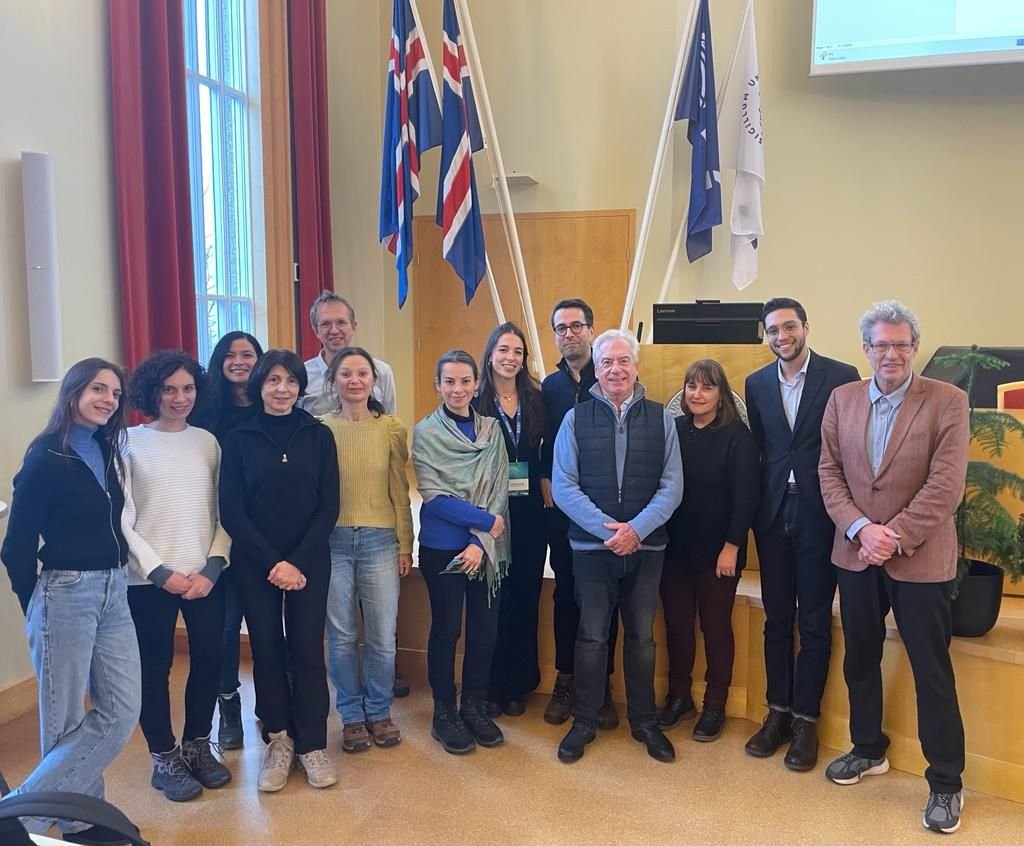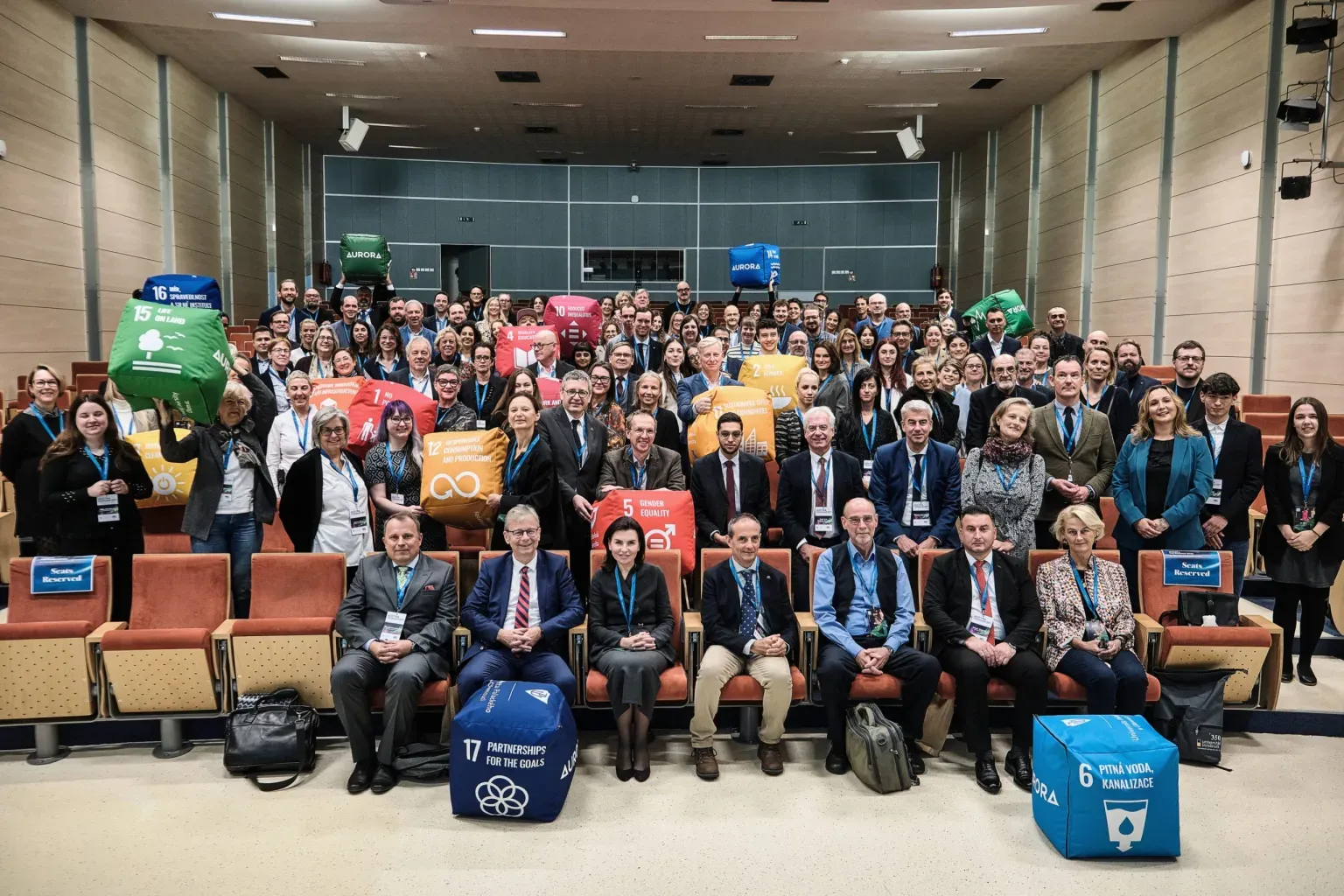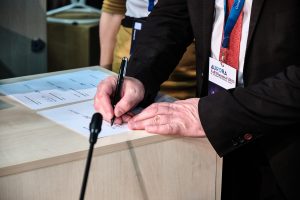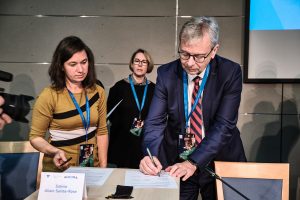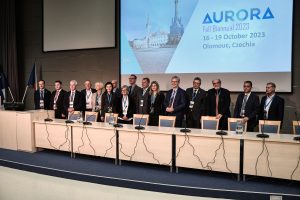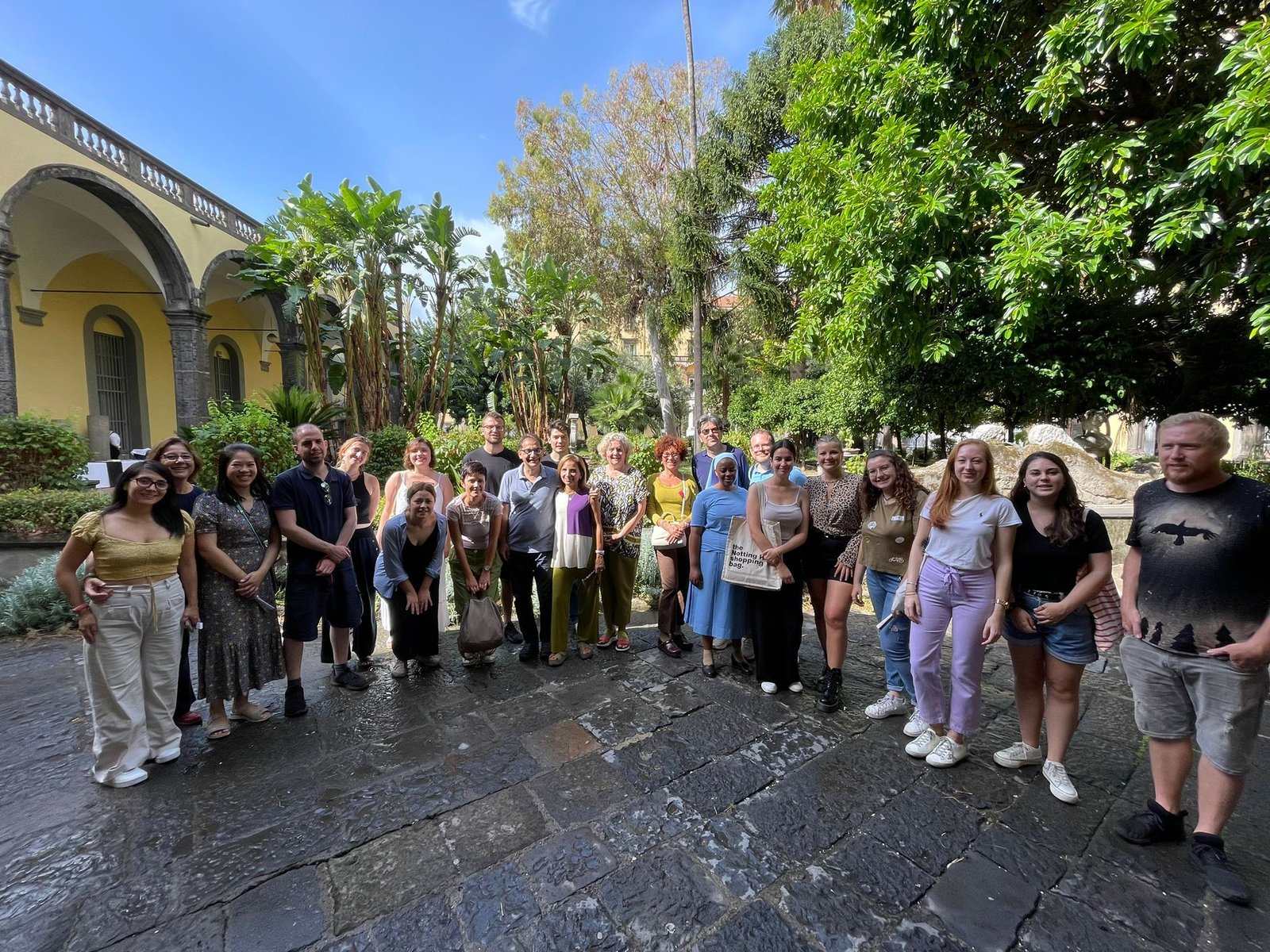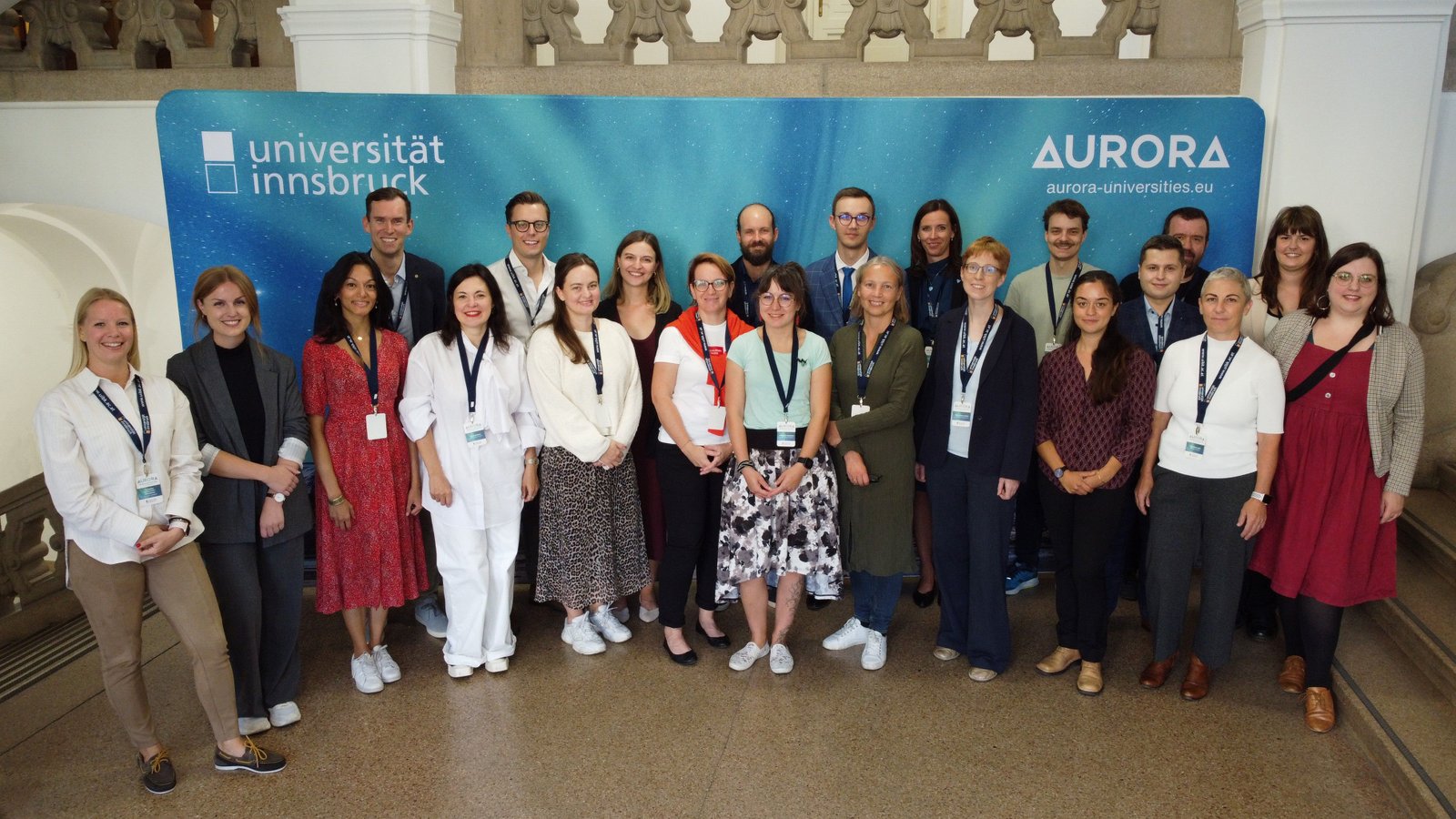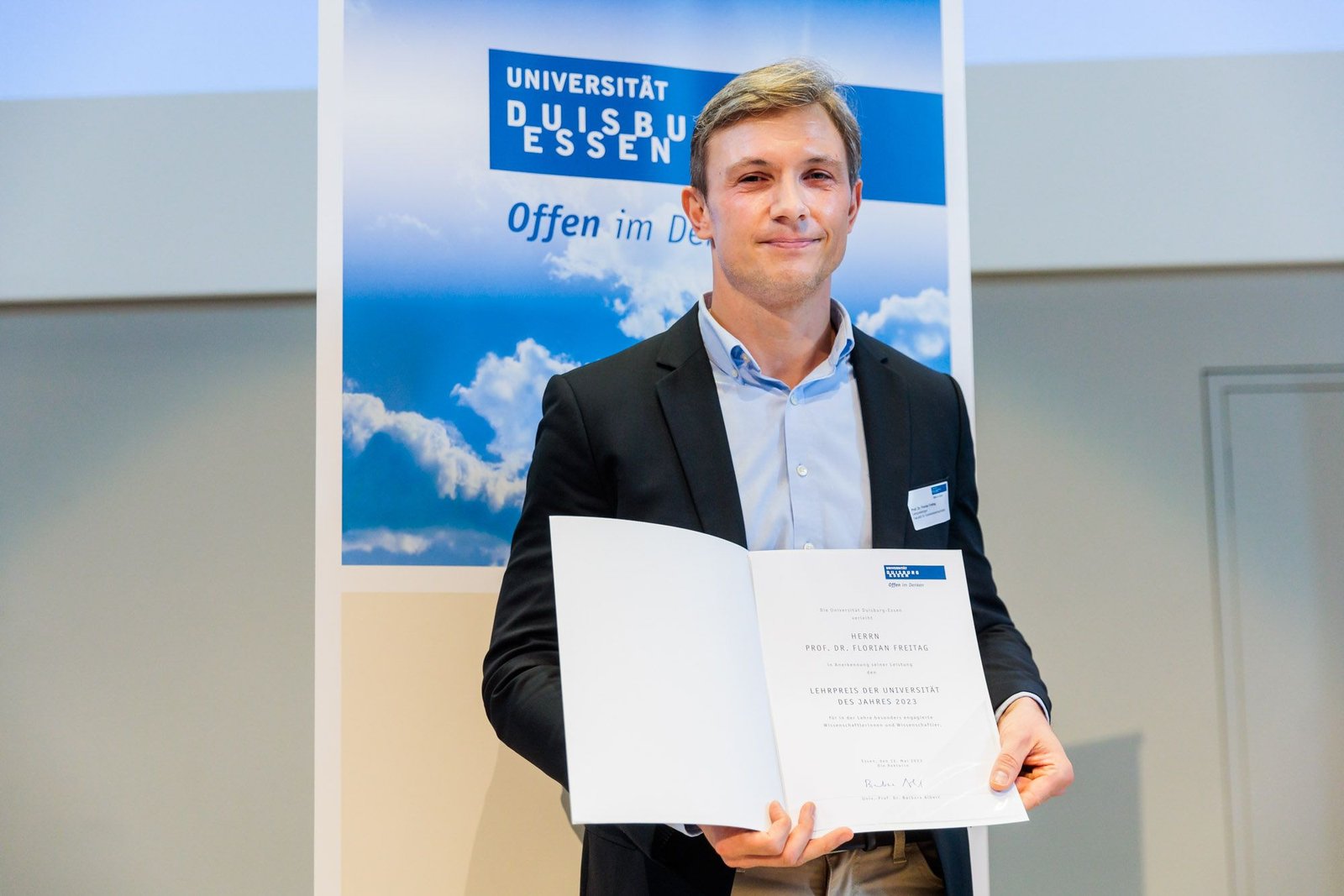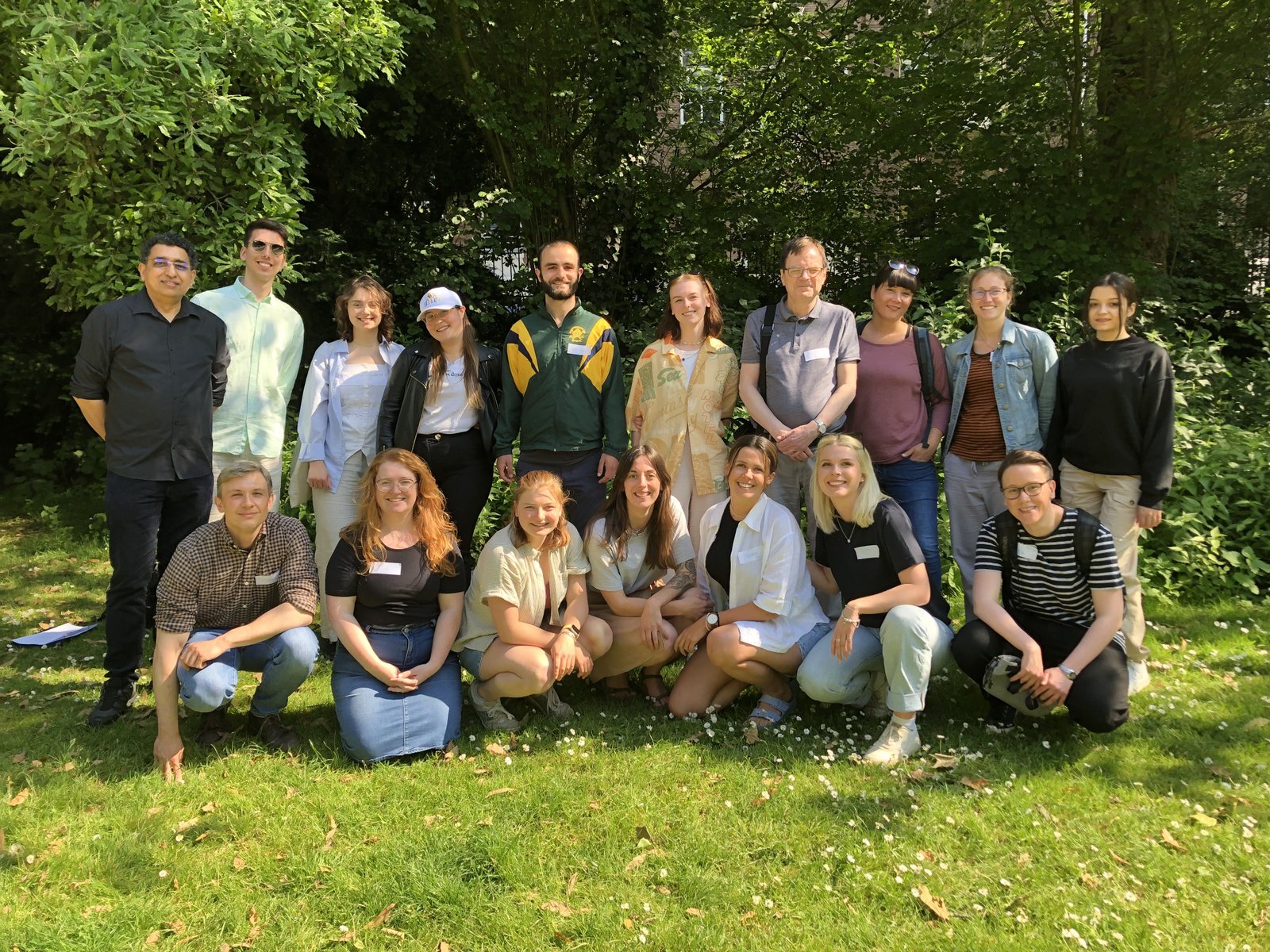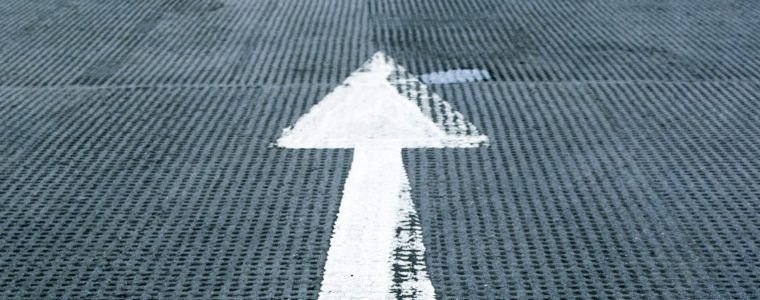25 participants from 4 European universities with over 22 languages spoken. Students, teachers, and staff were working together towards a common goal: to train and discuss European linguistic and cultural plurality and the development of intercultural skills. In the background Naples and the Mediterranean Sea, its cultures, its languages.
The Aurora Blended Intensive Programme (BIP) Erasmus+ “Linguistic diversity, intercultural competences & European identity”, was carried out in mid-September to educate teachers, students, and staff for a plurilingual and intercultural Europe. BIPs are blended intensive programs of study and research. The BIP is coordinated by the University Federico II (UNINA) in partnership with the Innsbruck Universität (UIBK), the Universitat Rovira i Virgili of Tarragona (URV), and the Univerzita Palackého v Olomouci (UPOL), was designed as part of the Aurora programme activities and financed with Erasmus+ European funds.
The four thematic sessions addressed the topics of European political identity, European multilingualism, the educational methodologies of linguistic ethnography, and the development of intercultural competencies in multilingual education and training.
The topic of European political identity was addressed in two seminars by Alessandro Arienzo (UNINA), designed to understand how our recent history and culture have shaped our ideas of Europe and how Europe as an idea is the result of stratified historical and political paths closely connected to social and individual experiences. The concept of European multilingualism was addressed in two workshops by Ulrike Jessner-Schmid (UIBK) in which the participants, working in groups, by expressing their linguistic portraits, experienced how their prior (multi)linguistic knowledge can help them in learning a new language or decoding texts in other languages. Two workshops by Lidia Gallego-Balsa (URV) dealt with the topics of pedagogical translanguaging and linguistic ethnography as a tool for developing competencies in an additional foreign language. Finally, intercultural competencies were the subject of three workshops by Markus Öbrink (UPOL) with the aim of discussing intercultural communication and conflict mediation. The group developed a common intercultural basis by practising techniques such as asking questions, listening effectively, communicating clearly, and anticipating conflicts.
Participants were engaged in the co-creation of workshop activities, as well as in small group activities and plenary discussions. All activities were based on teamwork and challenge-based: the participants, divided into groups, tried to tackle specific problems through discussion and debate. The educational experience was enriched by participating in the Erasmus Welcome Day organised by UNINA with a visit to the Paleontological University Museum, the National Archaeological Museum, and the Morra Greco Art Foundation.
With an outstanding 90% of participants responding to be “highly satisfied” with the activities, and willing to continue in some for the experience, and an overall 80% “satisfied” rate for each of the workshops, this Blended Intensive Program was a success!
Some comments from the participants:
“The event with the Aurora community was an unforgettable experience. I have learned a variety of new things and skills, both for my professional and my personal development”;
“I will forever be grateful for the many new things I have been able to learn, the people I have met, and all of the great moments lived in this city”;
“Participating in the Blending Intensive Program was a wonderful experience for me. The program’s discussion approach was excellent, and I learned a lot from it. I am now even more motivated to continue researching multilingualism after completing my PhD studies. The BIP program enhanced my understanding of how multilingualism can be beneficial and provide social and cognitive advantages to those who speak multiple languages”;
“This ensured that the course met my expectations of a course focused on Linguistic diversity, intercultural competencies & European identity. It also exceeded my expectations in many ways in terms of meeting new people and learning methods from other universities”;
“Meeting students and professors from different universities and getting to know their opinions on various topics has been an enrichment for me”.
The scientific and educative collaboration initiated in Naples will continue next year in Olomouc, with a new Blended Program dedicated to the study of European multilingualism and educational perspectives for Europe to come.
